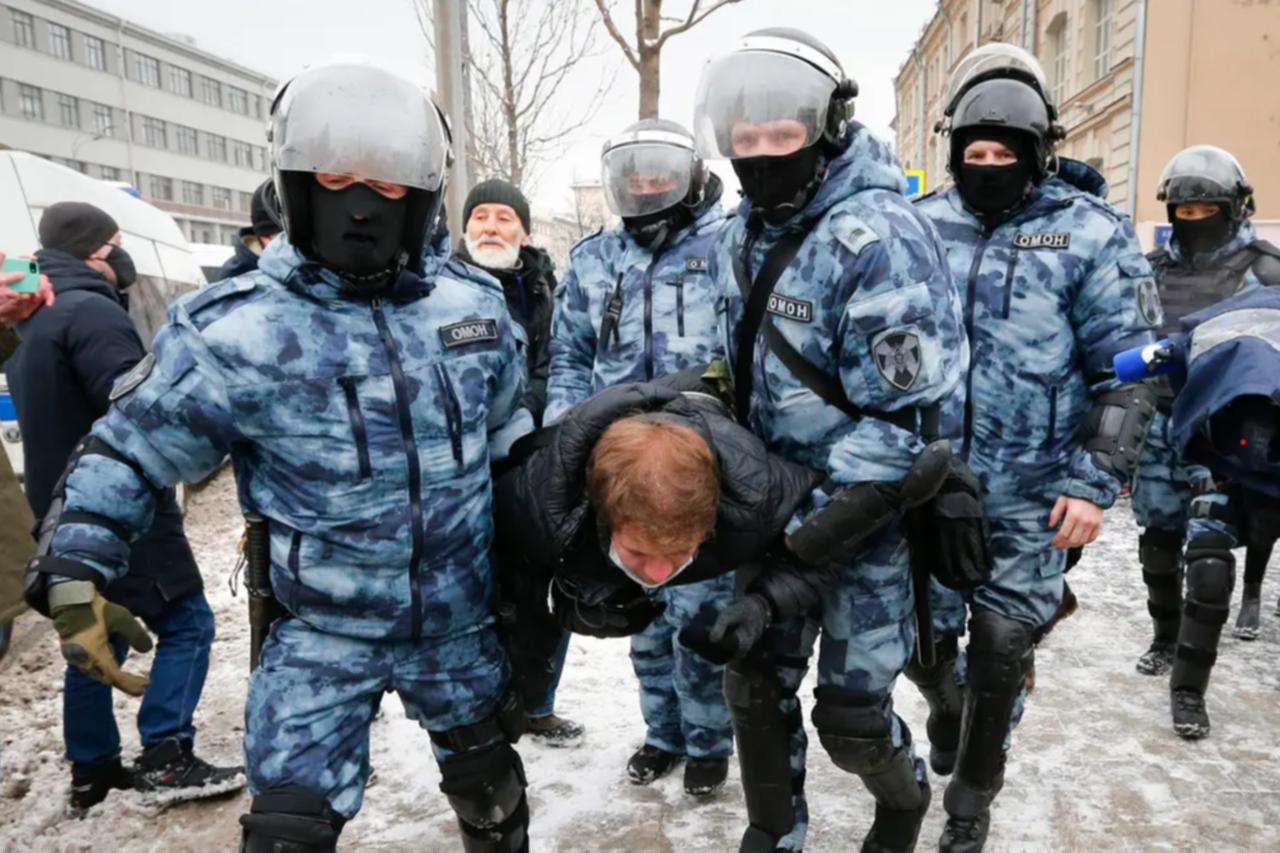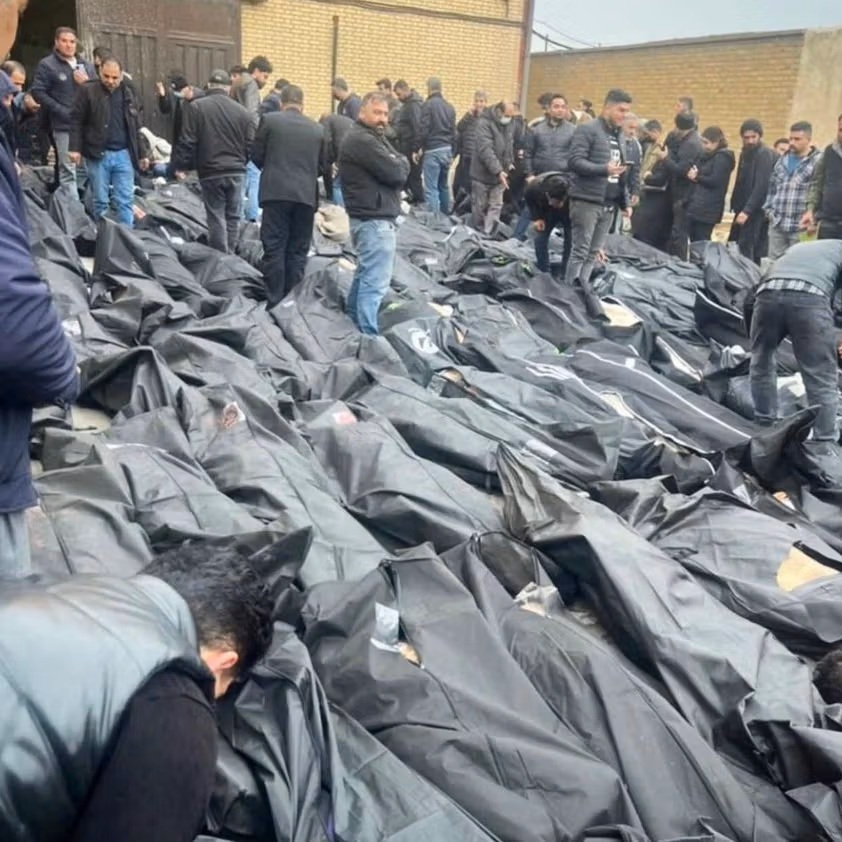
Bordered by a humiliated Russia to the north and a defeated Iran to the south, Azerbaijan stands at a strategic crossroads, facing pressure from two post-imperial powers. While contending with absurd accusations from Iran, Azerbaijan is also confronted by the Kremlin’s increasingly racist policies targeting innocent Azerbaijanis in Russia. Yet, Azerbaijan remains resolute and pragmatic in the face of bullying from both regimes.
By Farid Shukurlu
The South Caucasus is witnessing a strategic recalibration, with Azerbaijan asserting itself as a pivotal force amid the decline in the influence of Russia and Iran. Incidents such as the Yekaterinburg raids and Tehran’s unfounded drone allegations reflect broader anxieties in Moscow and Tehran over Baku’s growing autonomy.
Backed by robust partnerships with Turkey, Israel, and Pakistan, Azerbaijan is no longer a peripheral actor but a central architect of regional dynamics. Far from deterring it, external pressure has only solidified Baku’s role as a confident and independent regional power.
Over the past four years, Azerbaijan has endured mounting aggression from a belligerent Iran and an erratic, violent Russia. As global attention shifted to Ukraine, ethnic minorities like Azerbaijanis and Tajiks were scapegoated by the Kremlin, while Moscow’s propaganda painted itself as the victim, deflecting from its crimes.
Russian Imperialism
Historically, Russia has been complicit in atrocities against Azerbaijanis. On
20 January 1990, Soviet troops massacred over 100 civilians in Baku in what is remembered as “Black January”. In 1992, the Khojaly Genocide saw 613 Azerbaijani civilians slaughtered by Armenian forces with direct support from Russian military units.
Russian imperialism did not stop there. Its interference persisted through military presence and political manipulation, especially in Karabakh, where so-called Russian peacekeepers extended Moscow’s influence. However, Azerbaijan’s 2023 anti-terror operation forced Russian troops to withdraw, ending yet another phase of intervention.
This culminated in the 25 December 2024 downing of Azerbaijan Airlines Flight 8243, a civilian aircraft en route to Aktau via Grozny. Initially met with Russian denials, newly released evidence, including recordings and documentation, proves that Russia's Ministry of Defence ordered the strike. Despite poor visibility and the civilian nature of the flight, two missiles were launched, killing everyone on board. Captain Dmitry Sergeyevich Paladichuk followed direct orders to fire.
Predictably, Moscow denied responsibility and shifted the blame. This pattern mirrors past Russian actions such as the downing of MH17 over Ukraine and bombings in Syria. The Kremlin denies, diverts, and deflects. The downing of Flight 8243 is yet another example of Russian state-sponsored terrorism.
Putin’s contempt for the sovereignty of former Soviet states remains unrelenting. The Kremlin escalated tensions further by assassinating two Azerbaijani brothers in Yekaterinburg because of their ethnic identity. Instead of condemning the act, Russian officials remained silent or blamed Ukraine for it.
In response, Azerbaijan’s State Security Service (DTX) raided the regional office of the Russian propaganda outlet Sputnik, arresting individuals involved in drug distribution and espionage activities. The director and an employee of Sputnik Azerbaijan, Igor Kartavykh and Evgeny Belousov, were detained by the Khatai District Court for four months on charges including large-scale fraud. Not to mention illegal entrepreneurship and money laundering. Despite the Azerbaijani Foreign Ministry ordering the closure of Sputnik’s office in February, the agency continued operations illegally.
Based on these horrific acts, one can argue that the current Russian administration increasingly resembles a rabid dog, dangerous, cornered, and lashing out in desperation. It has already lost the war in Ukraine, both on the battlefield and in the court of global opinion, despite claiming it would capture Kyiv in three days. It lies no longer fool anyone, and its growing desperation fuels a willingness to commit further atrocities.
The murder of innocent civilians, whether in the skies or on Russian soil, reveals the deep moral decay at the heart of the Kremlin. From illegal invasions to ethnic persecution, the Russian state has consistently shown utter contempt for truth, justice, and human life.
When it comes to our southern border, we were not fortunate to be neighboured by yet another terrorist regime: Iran. From historical episodes to recent developments, Iran has consistently behaved as an aggressive, post-imperial state obsessed with exporting its so-called Islamic Revolution.
Unlike Lebanon, Syria, Gaza, Iraq, and Yemen, where Tehran has deeply entrenched itself, Azerbaijan has successfully resisted Iranian influence. It thwarted numerous attempts by the Islamic Revolutionary Guard Corps (IRGC) to infiltrate and disrupt the country’s societal fabric.
Iran’s inability to entrench itself as a dominant influence in Azerbaijan despite its consistently adversarial stance towards both Azerbaijan and Türkiye has compelled Baku to deepen its strategic alliances with its most trusted partners: the brotherly nation of Türkiye and its most reliable ally, the State of Israel, both of whom are regarded with deep hostility by the Islamic regime.
From covertly supporting Armenian separatists during the Nagorno-Karabakh conflict to issuing open threats of missile strikes against Baku, Iran perceives Azerbaijan as an existential threat to its Islamic Revolution. This perception is primarily driven by Baku’s strategic alignment with Ankara and Jerusalem, two capitals whose political and military successes have significantly weakened Iran’s influence in Syria and Iraq and played a role in the elimination of its top military commanders and nuclear scientists during the Twelve-Day War.
It is no secret that Israel serves as one of Azerbaijan’s key security guarantors based on an alliance that remains deeply unacceptable to the Iranian leadership. In response, Tehran has repeatedly accused Azerbaijan of permitting Israel to use its airspace for hostile operations.
However, this claim is categorically false. Azerbaijan’s Foreign Minister, Jeyhun Bayramov, has affirmed that the country’s territory will not be used by any third party for actions against its neighbours, reaffirming Baku’s commitment to regional sovereignty and non-interference.
Iran may draw its so-called red lines over the Zangezur Corridor, and Russia may exert as much pressure as it wishes. Yet the reality remains: Azerbaijan is a victorious nation, confident, resilient, and prepared to overcome any challenge.
Backed by steadfast allies such as Turkey, Israel, and Pakistan, Azerbaijan’s success sends a clear message to leaders like Vladimir Putin and Ali Khamenei. Their proxies have been defeated, and one can only wonder whether they fear they may be next to face the consequences of their destabilising ambitions.
In light of these developments, Azerbaijan no longer views Iran and Russia as reliable partners and peaceful neighbours. It now firmly charts its future alongside the Turkic world, reinforced by strong and lasting partnerships with Israel and Pakistan.






